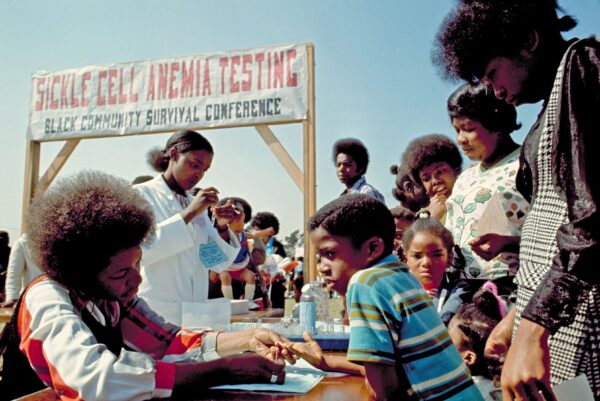Georgia
SS6CG1 Compare and contrast various forms of government (Latin America).
SS6H3 Explain conflict and change in Europe.
SS6CG3 Compare and contrast various forms of government (Europe).
SS7CG1 Compare and contrast different forms of citizen participation in government.
SS7H2 Analyze continuity and change in Southwest Asia (Middle East).
SS7CG3 Compare and contrast various forms of government (Southwest Asia).
SS7H3 Analyze continuity and change in Southern and Eastern Asia.
SS7CG4 Compare and contrast various forms of government (Southern and Eastern Asia).
SSWH18 Examine the major political and economic factors that shaped world societies between World War I and World War II.
SSWH19 Demonstrate an understanding of the global political, economic, and social impact of World War II.
SSWH20 Demonstrate an understanding of the global social, economic, and political impact of the Cold War and decolonization from 1945 to 1989.



